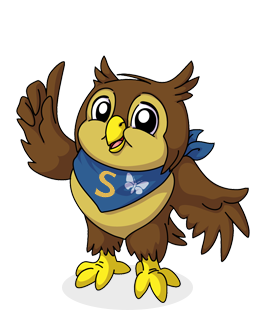“If we teach today’s students as we taught yesterday’s, we rob them of tomorrow.” – John Dewey
In line with the 2014 National Curriculum for Computing, our aim is to provide a high-quality computing education which equips children to use computational thinking and creativity to understand the world. The curriculum will teach children key knowledge about how computers and computer systems work, and how they are designed and programmed. Learners will have the opportunity to gain an understanding of computational systems of all kinds, whether or not they include computers.
By the time they leave Southill Primary, children will have gained key knowledge and skills in the three main areas of the computing curriculum:
- computer science (programming and understanding how digital systems work)
- information technology (using computer systems to store, retrieve and send information)
- digital literacy (evaluating digital content and using technology safely and respectfully).
The objectives within each strand support the development of learning across the key stages, ensuring a solid grounding for future learning and beyond.
At Southill Primary, computing is taught in one of two ways. The first is specific computing skills teaching that practices or develops an aspect of the curriculum. The other is as part of another lesson, where computing resources and skills will be used to support other areas of the learning, such as when researching a history project. This ensures children are able to develop depth in their knowledge and skills over the duration of each of their computing topics.
We use mobile computing resources, mainly Chromebooks, but Windows laptops and Tablets are also used. We aim for all year groups have the opportunity to use a range of devices, software and websites across the wider curriculum, as employing cross-curricular links motivates pupils and supports them to make connections and remember the steps they have been taught.
The implementation of the curriculum also ensures a balanced coverage of computer science, information technology and digital literacy. The children will have experiences of all three strands in each year group, but the subject knowledge imparted becomes increasingly specific and in depth, with more complex skills being taught, thus ensuring that learning progresses effectively.

